How Can Individuals Really Help Climate Change?

Here I explore just what the average person can actually do actively regarding climate change and deforestation. Like most people after seeing several documentaries and evidence of rapid climate change, I’m moved to act and ask “what can I do to help climate change?”, but the real answer for a layman is nothing.
An average Google search phrasing the same question will give generic tidbits of advice such as “eat less meat, use less energy, cut down on waste, use recycled products, donate to various causes” but these are almost completely ineffectual moves.
Does some big corporation or illegal logger ploughing down the Amazon rainforest right now really care that a random man in a UK supermarket has chosen to buy 'Ecover' washing up liquid instead of the bottle of Fairy next to it?
Consumerist littering is of course a massive contributing factor to ocean and sea life detriment, with single-use plastics that don't biodegrade chief among them.
While this negligence is the fault of the world public, things will never change unless world governments exact tougher laws that force us all to get on board with the same goal: to de-clutter the oceans and landfills and eradicate single-use plastics as a buying option in the first place.
The point is that the damage will forever be done regardless of the actions of a few individuals. If fifty percent of the world turned vegetarian overnight would that stop deforestation for cattle farming?
Of course, it wouldn’t. Where there’s demand there will always be supply, which is why poaching elephants and rhinos are still rife for black market ivory despite the devaluation.
The crux of the problem is that those responsible aren’t being held to account because they profit from deforestation. And scour as I might through the Internet it’s all very vague and clandestine as to whose to blame.
The consensus is that it’s supermarket packaging product providers, so a solution there might be to petition supermarkets into only selling brands that use recycled packaging. Again this won’t work because of profiteering.
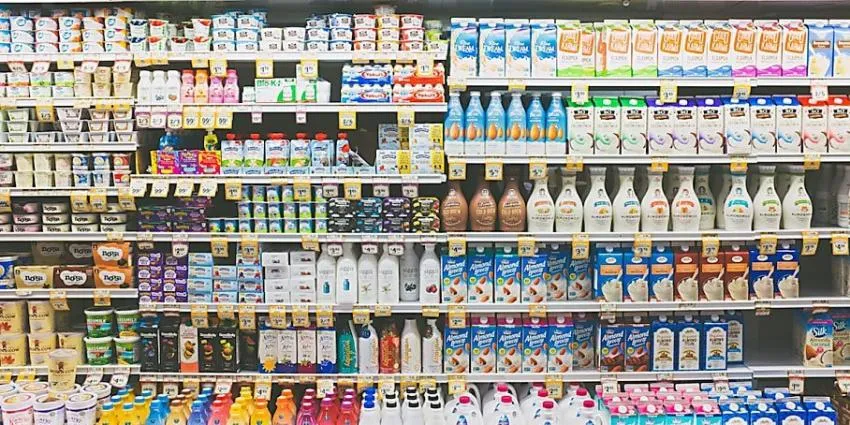
Supermarkets are never going to convert to less popular, more expensive eco-products that don’t sell as well as common household brands when there’s money to be made, so the cycle continues.
Another solution might be to have only one size bottle for example: on all brands of shampoo, a standard plastic bottle, all uniform size that gets recycled, sterilized, and reused over and over again, regardless of all different brands and shapes.
Yet in a world where most of us recycle these products, how is it that we never see the fruits of this labour? We never hear anymore how our recycled bottles/paper/cardboard has gone on to make something specific.
Where does it actually go? Without knowing why we’re doing it or seeing any benefits it’s hard to incentivize the public into being more vigilant in recycling.
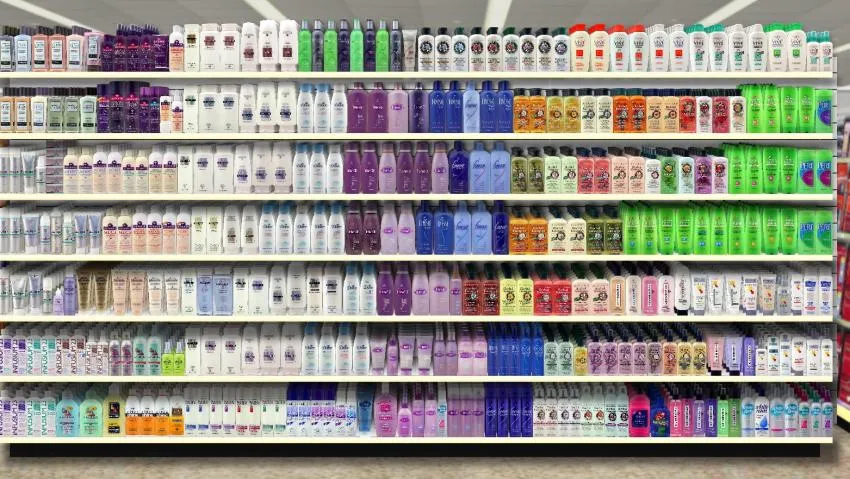
In an increasingly paperless world, it's hard to see why deforestation is necessary.
Especially for the number of recyclable products that are in the world already, the only fresh paper we really need is for toilet rolls. There is one way to reduce the necessity for deforestation and it is to make paper and cardboard a luxury item. Notebooks and sketch paper should be extortionate and it’ll make your average Joe think twice and consider just writing a memo on his phone instead.
Takeaway menus and junk mail posted liberally through every door to be immediately thrown away; even receipts should be rendered obsolete when simple writing software and an email will suffice.
How many times have you seen a cardboard stack in a supermarket to promote a DVD or a game, when a simple metal shelf to hold the product would suffice? A tree was felled there for a pointless promotion that lasts all three days.
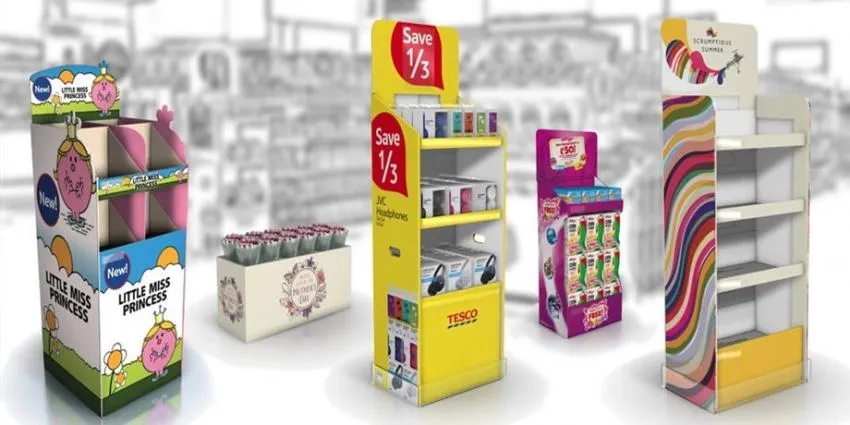
Now we are free to protest which I can’t see has ever yielded any positive results since the Suffragette movement, and is only seen as a traffic nuisance by the government, or we can donate to rainforest saving causes and never hear what our money has gone towards.
We can physically leave our jobs and families, fly to the Amazon or the Congo and chain ourselves to a tree and try to patrol thousands of miles of what’s left of the forest. Is none sound practical do they?
And that’s my point as to just how powerless we are: unless world governments unite and say no to illegal logging, and force supermarkets not to sell unrecycled packaging, logging will continue to rape this world.
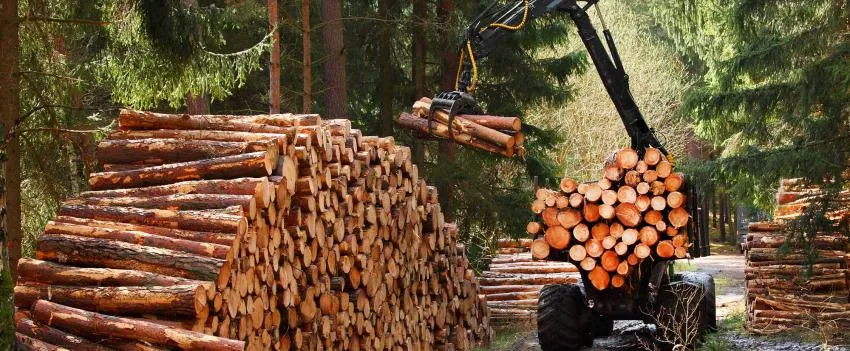
Christmas trees: do you really need a real one every year? That just sits dying and turning brown in your living room for a month? I understand that another one gets planted every time but here’s a thought: get a fake one that will last you twenty years, then no spruce tree ever has to be cut down in the first place. Firewood for log burners and Aga's: don’t have them.
They’re a cute and cosy feature but what’s wrong with an electric heater for warmth? Simple baby steps. It sounds petty but I think if real Christmas trees and log burners were made illegal it would greatly help to keep more trees in the world.

Farming is largely responsible for deforestation as well. The demand for fresh meat from a world of nearly eight billion people is having a devastating impact on the worlds’ ecosystem. Certain fish are being driven to near-extinction through over-fishing all over the world. This is another example of how impotent the general public is to help.
We can’t all drop our jobs and families to go and patrol the whole ocean in a boat, and no amount of donations or protests are going to stop the issue. Here we need all world governments to unite and pass a no-fishing zone treaty or timed fishing seasons to allow the fish to repopulate. But where there’s money to be made, this is another issue that’s being ignored by the higher powers.
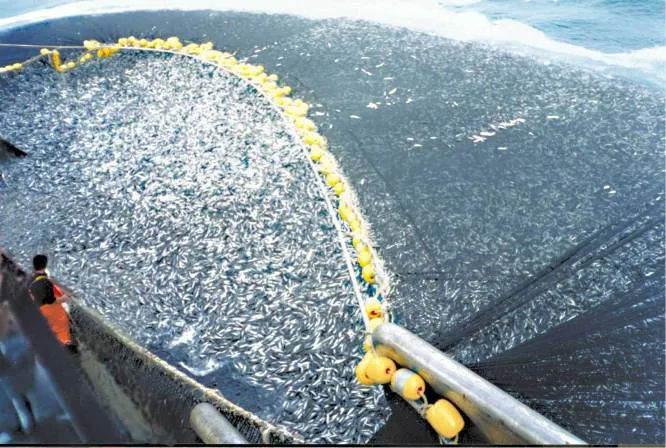
The invention of plant-based meats has been introduced to encourage fewer cattle farming but it is a more expensive alternative to cheaper, real meats that aren’t going to appeal to every consumer.
So how about as with paper, we hike the prices up and make real meats a luxury item, and make plant-based alternatives more affordable? Money can shift perspectives and go a long way if we price things in the right direction that can help towards saving the planet.
Speaking of shifting prices to more eco-friendly products: electric cars. Electric cars don’t use fossil fuels and have no emissions and yet the prices? Astronomical.
How about being able to pick up an electric car for around five thousand pounds, and petrol and diesel cars minimum price be around twenty thousand? What car do you think a first-timer would opt for?
Then all it takes is for everyone to make similar decisions and before you know it there are fewer emissions and the ozone layer starts to repair itself, which makes the global temperature come down and the polar ice caps melt at a slower rate.
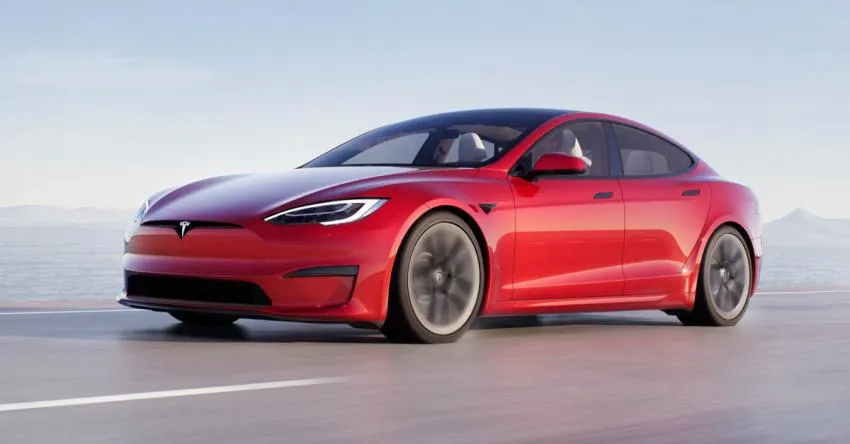
It truly baffles me in a world where we can create electricity from infinitely renewable sources such as tidal, solar, and wind that we still insist on funding fossil fuel mining where the same expense could have gone towards sticking some harmless solar panels in a desert or some turbines in the sea. In an ideal world, all petrol stations should be charging stations.
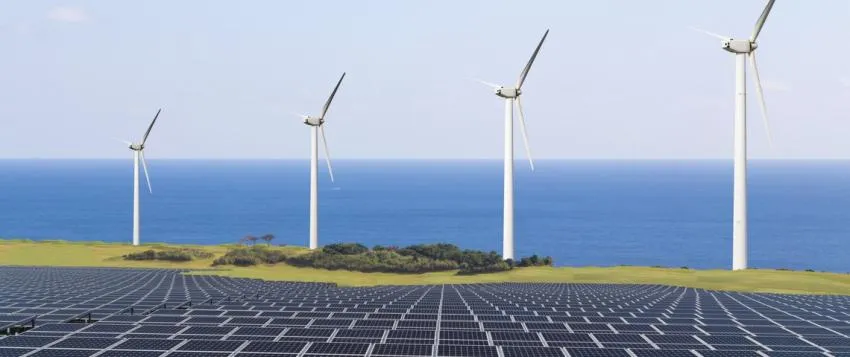
To conclude, it’s a despairing issue but not everyone cares about it. Governments need to pass laws that force everybody to recycle, make unnecessary logging and fishing illegal to get everyone on the same page whether they want to be or not.
Because it’s not about what’s best for us it’s about what’s best for the world. Which in turn makes it about what’s better for those that come after us, the next generation. Should they grow up in flooded, choked, and non-arable land?
I wrote this because I feel like it’s the best way I can help. Hopefully, it gets seen by the right people with the power to see potential in certain ideas, and not be just another drop in a fishless, polluted ocean.
Opinions and Perspectives
The article raises good points but seems too pessimistic about individual impact.
The standardized packaging idea could revolutionize recycling efficiency.
The article makes good points about government action but undervalues grassroots movements.
Agree about digital receipts. Such an easy change that could make a big difference.
Started buying bulk with reusable containers. Amazing how much packaging waste it eliminates.
The point about transparency in recycling really resonates. We need better tracking systems.
The article overlooks the impact of business innovation in creating sustainable solutions.
My city started a zero-waste initiative and the results have been impressive. Local action matters.
Love the idea about standardized bottles. Would make recycling so much more efficient.
The paper luxury item idea is interesting but might have unintended consequences for education.
Started a neighborhood composting program. Small scale but it shows how local initiatives can work.
The fishing quota suggestion is interesting but needs international cooperation to work.
I work in manufacturing and can confirm that consumer pressure does influence production decisions.
The point about electric car pricing is spot on. They need to be more accessible to average consumers.
The article underestimates the power of education. Teaching kids about sustainability creates long-term change.
Been using a food waste app and it's amazing how much we can reduce waste just by being more mindful.
The standardized packaging idea is brilliant. Would love to see that implemented globally.
What about rain water collection systems? They're illegal in some places but could really help sustainability.
My company switched to all-digital documentation. The savings in paper and storage costs were huge.
Working in policy, I can say that coordinated citizen action does influence decision making more than most people realize.
The article makes good points but seems to dismiss the power of community organizing and local action.
Just started composting and growing my own vegetables. Small step but it reduces my carbon footprint and feels empowering.
Totally agree about junk mail. Such a waste. I switched to paperless everything and it feels great.
The point about transparency in recycling is crucial. We need to know our efforts actually make a difference.
I've seen great success with community gardens replacing lawns. Small scale but it shows how local action can work.
The article overlooks the impact of local government action. Our city banned single-use plastics and it's made a huge difference.
We installed solar panels last year. Yes, the initial cost was high, but our energy bills have plummeted. These solutions exist, we just need to scale them.
Love the suggestion about standardizing bottle sizes. It would make the recycling process so much more efficient.
The paper luxury item idea is creative but might unfairly impact lower income people who can't afford digital alternatives.
Interesting point about fishing quotas. I worked on fishing boats and the current system is definitely not sustainable.
The suggestion about digital receipts is so obvious yet we still waste paper on them. My local supermarket finally offers email receipts now.
As someone working in the packaging industry, I can confirm that consumer pressure does influence corporate decisions more than you might think.
I appreciate the honesty about how difficult real change is, but we can't just wait for governments to act. We need both top-down and bottom-up pressure.
The comparison between electric and fossil fuel car pricing is interesting. Government subsidies could really help level the playing field.
This article feels quite defeatist. Sure, individual action isn't enough alone, but it's still necessary alongside systemic change.
Working in retail, I see the packaging waste firsthand. It's criminal how much perfectly good material goes straight to landfill.
The standardized bottle idea is fantastic but you'd need government intervention to make it happen. Companies won't voluntarily give up their branded packaging.
I have to push back on the idea that protests don't work. The climate movement has achieved significant policy changes in several countries.
The point about recycling transparency is spot on. I always wonder where my carefully sorted recycling actually ends up.
My family went vegetarian last year and while it might not save the Amazon alone, it feels good not contributing to the problem anymore.
That suggestion about making real meat a luxury item while subsidizing plant-based alternatives is interesting. Would definitely change buying habits.
Fair points about government action, but remember governments respond to voter pressure. If enough of us demand change, they'll have to listen.
I see where you're coming from regarding protests, but history shows they can work. Look at how the anti-plastic movement has gained traction.
The plant-based meat point really resonates with me. They need to make it more affordable. I want to switch but can't justify paying triple the price.
Totally agree about the paper waste. My office went completely digital last year and the amount we save is staggering. No more pointless printing!
While I agree with many points, I think the article underestimates the power of collective consumer action. Look at how organic food has become mainstream due to consumer demand.
The suggestion about standardized bottle sizes for all brands is brilliant! Never thought about that before. Would make recycling so much more efficient.
Living in Brazil, I see the devastating impact of deforestation firsthand. Individual actions alone won't stop it, but we need both policy changes AND consumer pressure.
I agree entirely about the Christmas tree issue. Got an artificial one 10 years ago and it still looks perfect. Really don't understand why people insist on real ones.
The article makes a good point about pricing. Making sustainable options cheaper than harmful ones would definitely shift consumer behavior. I switched to an electric car last year and the running costs are so much lower.
I understand the frustration, but I disagree that individual actions are completely ineffectual. While one person switching to eco-friendly products might seem insignificant, millions making the same choice creates real market pressure.
